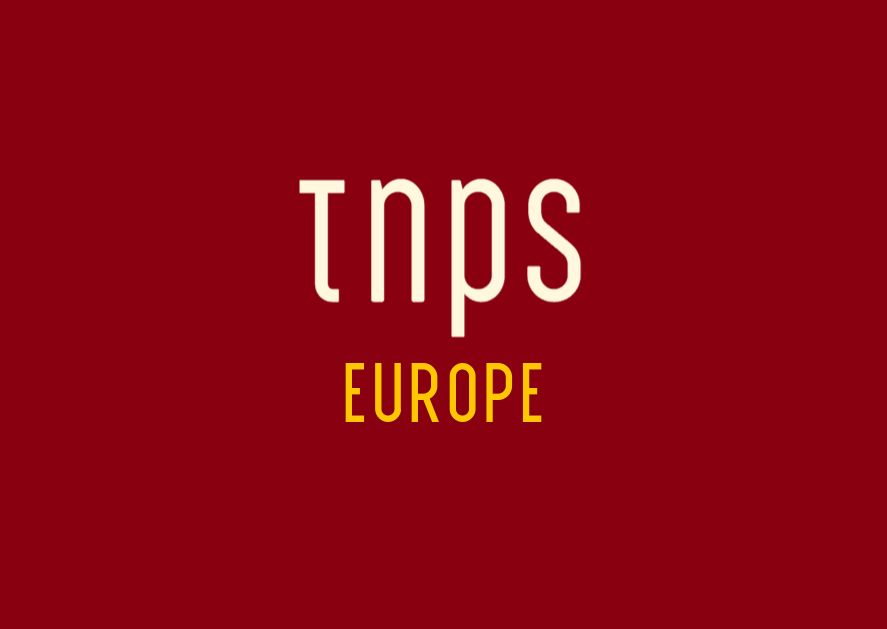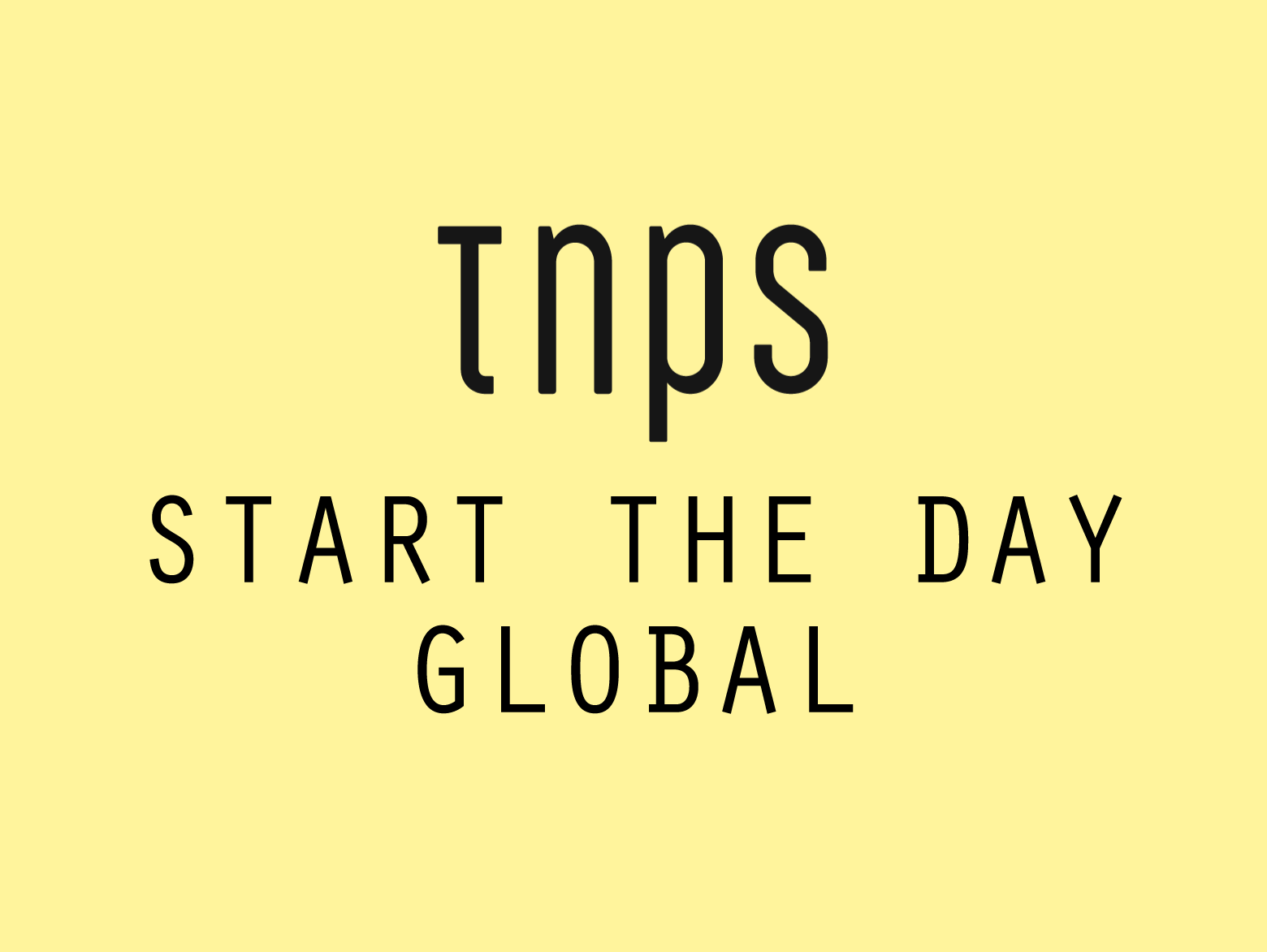Today’s headlines about the Abe Books boycott are perhaps the least of Amazon’s worries, as it reels from a quarter trillion dollar stock market devaluation, a billion dollar loss on its India Marketplace, and a new fraud inquiry that saw Amazon’s country head Amit Agrawal, logistics firm Darshita Pvt Ltd directors Pradeep Kumar and Ravish Agrawal and a delivery boy have been booked under the Indian Penal Code for cheating, dishonesty, criminal breach of trust and criminal conspiracy.
But Abe Books employees might want to start thinking about their future, as it looks like, as speculated here at TNPS back in January, Abe Books may be on the same slippery slope to oblivion as CreateSpace.
But first a quick look at the current situation at Abe Books that is making the headlines.
UPDATE: I refer below to the coverage of the story today by the New York Times, but in fact the French journal Actualitté broke the story on Saturday.
At any given time there are any number of disgruntled Amazon suppliers, always of course outnumbered by many more happy consumers.
But many antiquarian book consumers will be dismayed this week, when they pop along to Abe Books, to find that more than 270 of their regular sellers, along with over one million books, are “on vacation” – in this case a euphemism for boycotting the site.
Banned Booksellers Week is a protest boycott in support of sellers in countries that include South Korea, Hungary, the Czech Republic and Russia, that were sent emails last month saying they could no longer sell on Abe Books, an Amazon company. “We apologize for this inconvenience,” Abe Books concluded.
Inconvenience here being a critical sales outlet had just been shuttered by Amazon.
The New York Times reports that the Amazon subsidiary told the International League of Antiquarian Booksellers that it was scaling back because,
it is no longer viable for us to operate in these countries due to increasing costs and complexities.
Check out the NYT post for reaction from sellers around the world and what it will cost them, and more about the boycott.
Pressed for a reason Abe Books belatedly explained that numerous countries were being dropped because,
Our third-party payment service provider is closing at the end of the year … We regret that we cannot continue to serve all sellers.
The New York Times quoted one of the boycott organizers as lamenting AbeBooks’ actions underlined both Amazon’s power and its refusal to be accountable for it.
The biggest e-commerce giant in the world apparently finds it too complicated to do business in Prague. You have to wonder who’s next. We’re all vulnerable to Amazon’s capricious actions.
The New York Times adds,
Underlying the mystifying nature of the action, Amazon itself is still selling merchandise from the banned countries, including books.
At which point let’s hark back to TNPS back in January of this year, when I noted a number of Amazon subsidiary operations shuttered and absorbed into the main Amazon site, and asked,
Might we see AbeBooks next to be folded into the main Amazon site?
The signs are all there.
Just before Christmas AbeBooks suppliers received notification from Amazon that digital goods would no longer be permitted on the AbeBooks site.Although owned by Amazon, AbeBooks is run as a separate business with its own inventory, upload procedures and its own rules.
No Kindle ebooks here, but sellers have previously been able to sell their own digital products on the site. That ends in February, as per the AbeBooks email.
And from there we have to wonder if AbeBooks itself is now on borrowed time and if, in the not too distant future, AbeBooks will be folded into the main Amazon site.
Here’s the thing: On the one hand AbeBooks offers a specialist buying experience for those wanting, for example, signed editions, special editions, and arts-related products (everything from magazines to music scores to photographs to postcards). AbeBooks has dedicated sites for the UK, Canada, AU/NZ, Italy, France and Germany, with a Spanish-language version, IberLibro.
But is there really anything here that couldn’t be handled more efficiently and cost-effectively from the main Amazon sites using Amazon’s physical infrastructure? It’s not as if Amazon has no experience delivering books to customers.
A substantial percentage of the stock is CreateSpace POD paperbacks via resellers. CreateSpace of course is also owned by Amazon, and that may be one reason to keep AbeBooks going.
Put simply, when a POD paperback is sold on Amazon the publisher gets a much higher royalty than for the same title sold on a third party site. But as Amazon owns this particular third party site it will be collecting the third party site fees as well as the Amazon fees.
But that’s unlikely to be enough to justify AbeBooks’ separate existence for much longer.
And probably the same goes for The Book Depository.
Both were bought as going concerns with their own infrastructure, as were, for example, Audible and CreateSpace.
AbeBooks and The Book Depository, for all their merits, are essentially just retailers replicating what Amazon already does with its core operation.
That was in January 2018.
CreateSpace is currently in the process of being shuttered, with CreateSpace users being moved, whether they like it or not, to KDP.
It would now seem just a matter of time before Abe Books and The Book Depository are similarly absorbed into the mainframe of Amazon.





